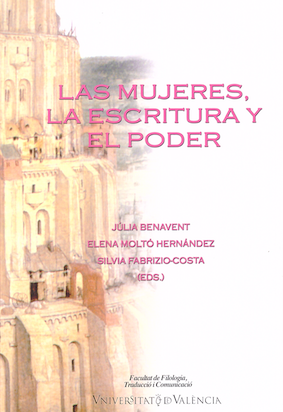¿Madres de la nación u obreras del pensamiento? La novela sentimental en América Latina
DOI:
https://doi.org/10.7203/qf-elit.v17i0.3489Keywords:
woman, writer, feminism, Latin American, nineteen century, Soledad Acosta de Samper, Lola Larrosa, Juana Manuela Gorriti, romantic novel Abstract
Abstract
During nineteen century, especially in his second half, Latin America lives different processes that affect the conditions of women’s life. First of, during the processes of independence, the woman, especially criolla, she’s invested with a symbolic meaning of powerful force: “mother of the nation”, guarantor of the education of the new citizen and support of the domestic happiness, that endorses the political progress. The sentimental novel would be in charge to reinforce this ideal. Secondly, parallel with the first feminists vindications in different places of the world, and with the progressive processes of professionalisation of the women, another figure emerges: the professional writer. This article asked how these two social models coexisted: mother of the nation/profesional writer. It’s analyzes a novel’s corpus of Juana Manuel Gorriti, Lola Larrosa and Soledad Acosta de Samper, that, as sentimental novel writers, they were, at the same time, objects and subjects of this literary genre.
 Downloads
Downloads
Downloads
How to Cite
-
Abstract302
-
PDF (Español)274
Issue
Section
License
 Este obra está bajo una licencia de Creative Commons Reconocimiento-NoComercial-SinObraDerivada 4.0 Internacional.
Este obra está bajo una licencia de Creative Commons Reconocimiento-NoComercial-SinObraDerivada 4.0 Internacional.
Authors who publish with this journal agree to the following terms:
- Authors retain copyright and grant the journal right of first publication with the work simultaneously licensed under a Creative Commons Attribution License that allows others to share the work with an acknowledgement of the work's authorship and initial publication in this journal.
- Authors are able to enter into separate, additional contractual arrangements for the non-exclusive distribution of the journal's published version of the work (e.g., post it to an institutional repository or publish it in a book), with an acknowledgement of its initial publication in this journal.
- Authors are permitted and encouraged to post their work online (e.g., in institutional repositories or on their website) prior to and during the submission process, as it can lead to productive exchanges, as well as earlier and greater citation of published work (See The Effect of Open Access).



